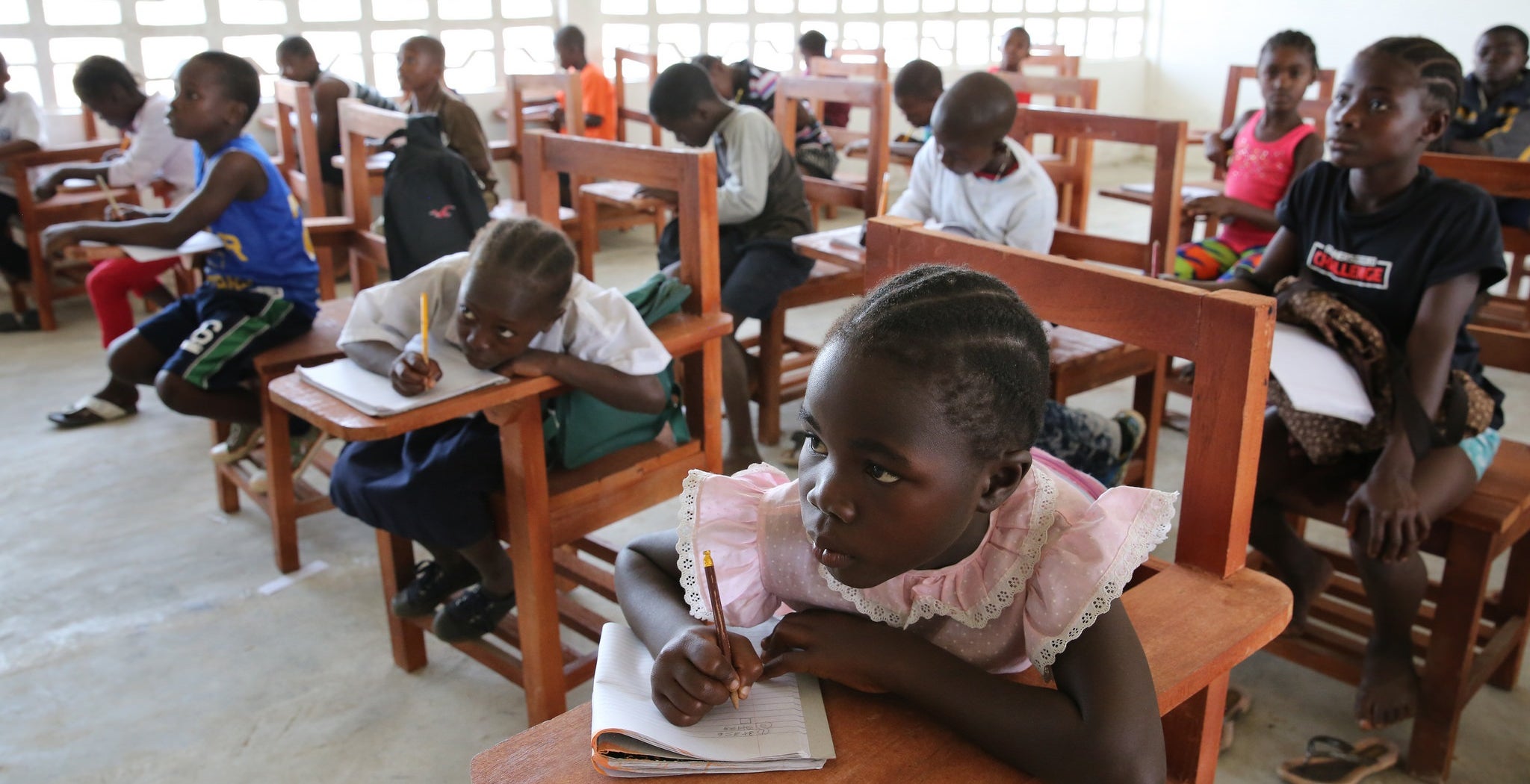Parents play a crucial role in shaping their children’s educational journey, being the first and most influential teachers in their lives. They have the power to mold their children into well-rounded individuals by instilling in them a deep respect for education and its importance.
The involvement of parents starts right from the child’s infancy when they introduce basic concepts like colors, shapes, numbers, and letters. As the child grows older, parents help them develop essential skills like reading, writing, problem-solving and critical thinking. By engaging with their children on these levels early on, parents lay a strong foundation for learning that is carried forward into formal schooling.
However, parental involvement does not stop once a child enters school. Parents need to maintain an active interest in what their children are learning at school. This includes helping with homework or projects when needed but also means going beyond academics. Parents should encourage extracurricular activities that can enhance creativity and physical development.
Communication is another area where parents play a pivotal role. Regular communication between parent and teacher can provide insights into how well the child is doing acadically as well as socially at school. This allows both parties to work together more effectively towards achieving optimal outcomes for the student.
Moreover, one of the most significant roles that parents play is setting expectations for academic achievement. It has been observed that students who grow up in homes where education is valued tend to perform better academically than those who do not receive this support from home.
Additionally, emotional support provided by parents plays an equally important part in shaping a child’s educational success story. Encouraging words from parents can boost confidence while constructive criticism helps identify areas of improvement without damaging self-esteem.
Parents also help shape attitudes towards learning by modeling behaviors such as perseverance during challenging tasks or curiosity about new topics; these attitudes are often mirrored by children leading to lifelong learners who value knowledge acquisition over mere exam performance.
Finally yet importantly , it’s through guidance from parents that children learn to balance their time and responsibilities, develop good study habits, and understand the importance of hard work and discipline. These skills not only contribute to academic success but also prepare them for future challenges in life.
In conclusion, the role of parents in a child’s education is multifaceted and essential. By being actively involved in all aspects of their children’s education journey, parents can help shape well-rounded individuals who are equipped with the necessary skills to navigate through life successfully. It is therefore crucial for every parent to take an active interest in their child’s education as it ultimately influences not just their academic performance but also shapes them into responsible adults.


